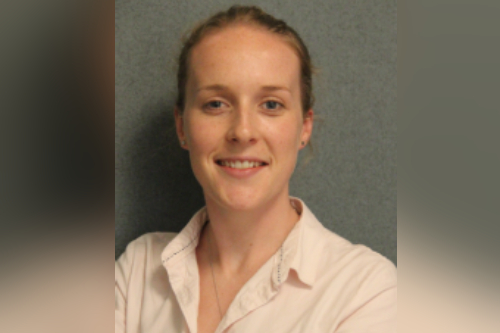All brokers could deliver was bad news, bad news, and more bad news. This isn’t exactly ideal for a profession centered around excellent customer service, support, and advocacy. Suddenly, brokers looked like the bad guys – but that’s just because companies facing sky-high rate increases for reduced coverage needed someone to blame. It was a real ‘shoot the messenger’ situation.
But that went both ways in the broker-underwriter relationship. Underwriters were also in a tight bind, under the order of nursing books of business back to health (in other words, profit) as quickly as possible. This meant making some tough decisions around risk selection and capacity allocation, knowing full well that their actions would cause challenges for brokers and clients along the chain.
Read next: Brokers – it’s time to get specialized
There are always workarounds. All underwriters have guidelines, and while all risks may appear to fit within one common box, there will always be opportunities for underwriters to deploy their critical thinking skills. To do this, they need help – and that’s why they’re asking brokers SO many questions. It’s about gaining the right information to warrant crafting an alternative solution, while the rest of the underwriting book is subject to strict guidelines.
It became a game of: You scratch my back, I’ll scratch yours.
While that was a successful strategy (again, for those willing to put the hard graft in), sometimes brokers just want accommodation. They want underwriters to trust them, to be loyal to clients through challenging periods, and to accommodate the occasional coverage request that perhaps sits outside of the box.
In a strong broker-underwriter relationship, a broker should have the opportunity to turn to an underwriter and say: “This account is important to us as an organization, so we’d really like your support on this. We don’t need you to put up 100% of the line, but please could you help us and this client out?” In return, brokers should strive to deliver strong, profitable accounts to supportive underwriters. Again, everyone wins if there’s a little accommodation on both sides.
Another lynchpin of a strong broker-underwriter relationship is consistency – in both underwriting and product/service delivery. In a hard market, consistent underwriting is key. It allows brokers to approach markets with confidence, knowing what underwriters require for a complete and strong submission. It just makes the whole process more efficient, which is important when everyone is battling challenging market conditions.
Read more: All aboard the insurance technology train
As for product/service delivery, brokers and underwriters must adhere to timelines. If brokers can deliver the required information as and when underwriters need it, this often leads to more accommodation and leeway in the relationship because everyone understands that promises will be kept.
Conditions in the commercial insurance market are now starting to improve. I believe this should be a time of reflection. If you’re a broker and you received NO after NO after NO through the hard market, why do you think that is? Is there anything you can do to strengthen your relationships with underwriters? If you’re an underwriter, what do you require to perhaps be more accommodating in your relationships with brokers?
Back to the notion of ‘you scratch my back, I’ll scratch yours’. If the broker-underwriter relationship is strong, everybody wins in the end.


















